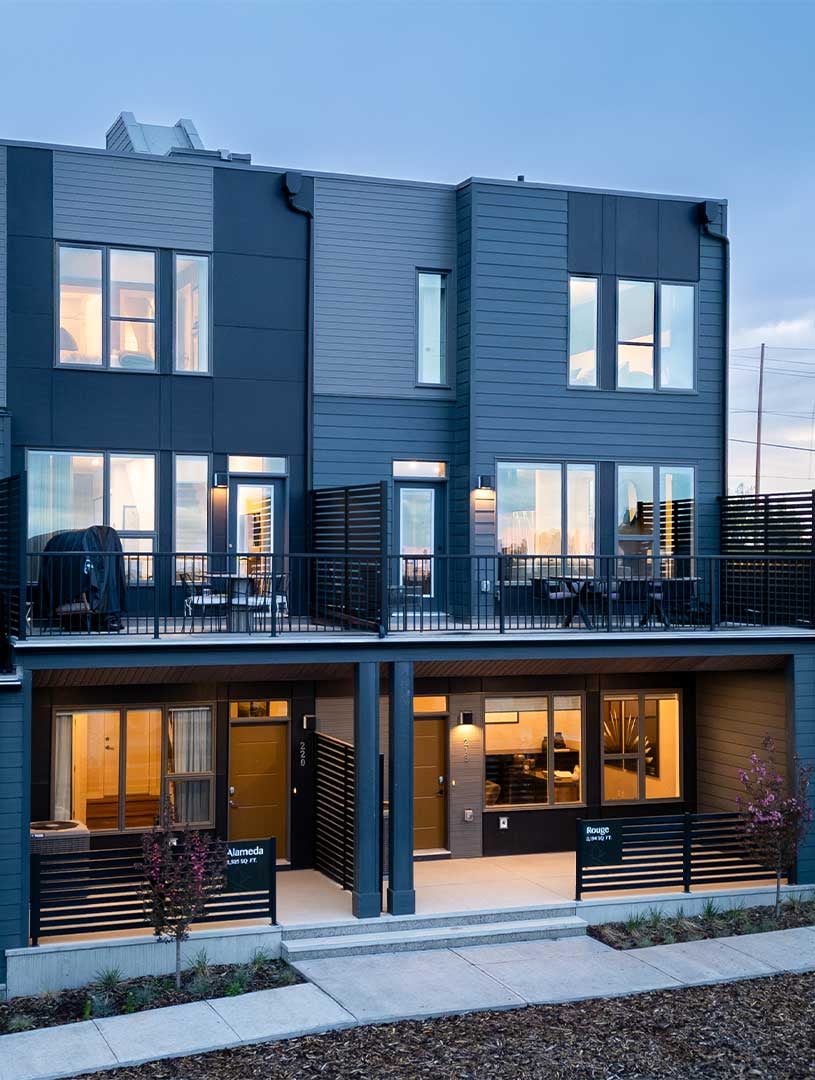MichaelS
Senior Member
While not extensive, there are a few tools that are in place to encourage what your are proposing. An owner of a heritage building can apply to have their property officially designated as a historical resource, which brings with it preservation rules but also some significant tax breaks (I think. If anyone knows better, which is a real possibility, please correct me on this post). This is a voluntary option though, as there is caution about trampling personal property rights. So, happy to help, so long as the owner chooses to seek it. This is one of the aspects that is troubling about the Stephen Avenue Quarter proposal, as the owners of those buildings did seek the heritage designation, to preserve the buildings and receive (I assume) the tax breaks. If they reneg on that, and especially if it is allowed to be renegged on, I can see that really impacting the effectiveness of the overall program. How could we as a society ever trust building owners to actually hold their word after receiving the tax break? As for the Gallery proposal, I don't think that property has been granted official historical designation (again, could be wrong). The building would definitely qualify, but the owner has opted not to protect it, as is their right.
For dicincentivising parking, we have had various tools over the years to limit parking in new developments within the core, to reduce traffic and encourage train use. However, those related to new buildings and their parkades, and have now mostly been repealed I think. For surface parking, we have policies that state no new surface parking lots are to be approved in the centre city (including Beltline) but this are not enforced for some reason, and new surface lots continue to get built. Not a lot, but more than the policies said should have been. Perhaps an actual enforcement of that policy would help, as well as a refusal to renew the "temporary" approvals so many operate on and receive automatic renewals on. But, there doesn't appear to be any appetite to do that.
For dicincentivising parking, we have had various tools over the years to limit parking in new developments within the core, to reduce traffic and encourage train use. However, those related to new buildings and their parkades, and have now mostly been repealed I think. For surface parking, we have policies that state no new surface parking lots are to be approved in the centre city (including Beltline) but this are not enforced for some reason, and new surface lots continue to get built. Not a lot, but more than the policies said should have been. Perhaps an actual enforcement of that policy would help, as well as a refusal to renew the "temporary" approvals so many operate on and receive automatic renewals on. But, there doesn't appear to be any appetite to do that.






